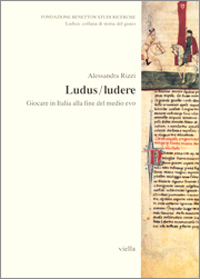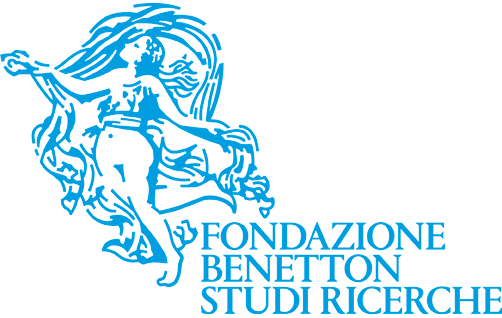
Ludus/ludere
Giocare in Italia alla fine del medio evo
[Ludus/ludere. Games in Italy at the end of the Middle Ages]
by Alessandra Rizzi
Fondazione Benetton Studi Ricerche-Viella
Treviso-Rome 1995
236 pages
euros 21.69
ISBN 88-85669-67-0
( Ludica, 3; first reprint 2014)
As the civil authorities in late mediaeval Italy (13th-15th centuries) intensified their control over social behaviour, so ludic activities increasingly became a matter of concern, particularly when they involved games of chance. Aware that they could not hope to suppress the vice, the authorities responded by establishing public gaming houses and making them a source of income. And through their exploitation of the publicity and social value of games the palio became the “people’s sport” of Italy in the period of the communes between the 1300s and 1400s. The Church too opposed games but recognized their inevitability, confining itself to controlling such activities at an individual level and leaving the State to its monopoly of the great public spectacle.
Contents
Premessa, p. 7
Un dilemma nella riflessione dei contemporanei, p. 9
Il gioco illecito nel pensiero tardomedievale, p. 15
Bernardino da Siena: un modello nella lotta contro l’azzardo, p. 25
Violenza e povertà per gioco alla fine del medio evo, p. 39
Il gioco tra regolamentazione laica e proibizione religiosa. L’azione dei comuni: il gioco di fortuna…, p. 53
… e l’attività fisica, p. 89
L’intervento della Chiesa, p. 103
La moralizzazione del gioco nel pensiero religioso tardomedievale, p. 149
«pro bravio sive palio currendo»: un gioco promosso nell’Italia dei comuni, p. 171
Conclusioni, p. 205
Indice dei nomi e delle cose notevoli, p. 211
